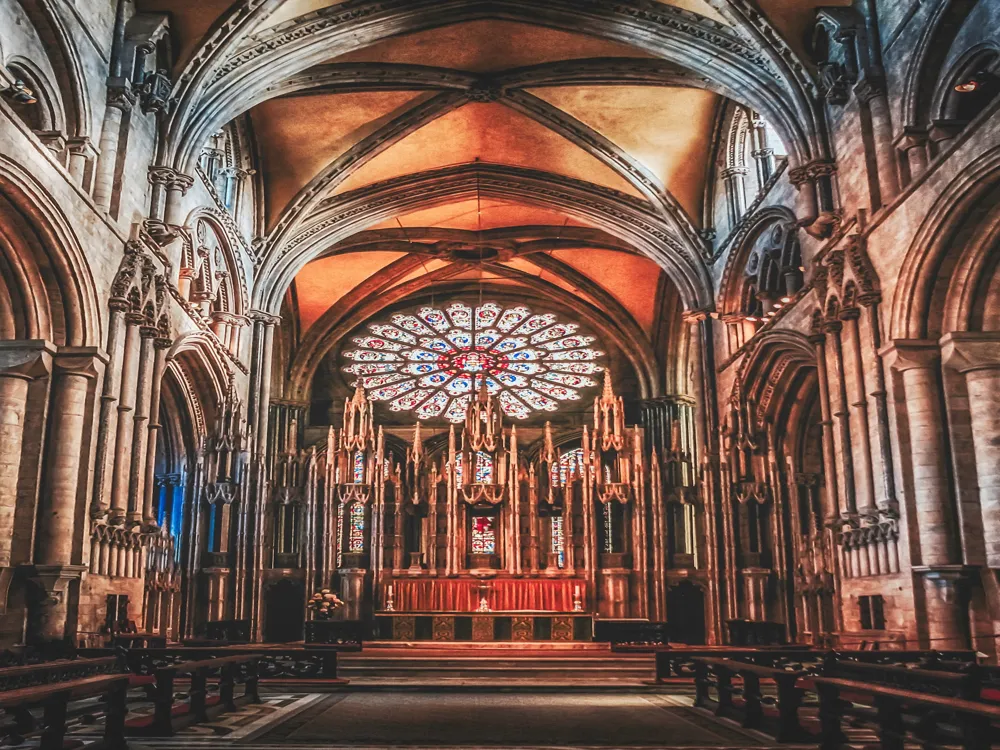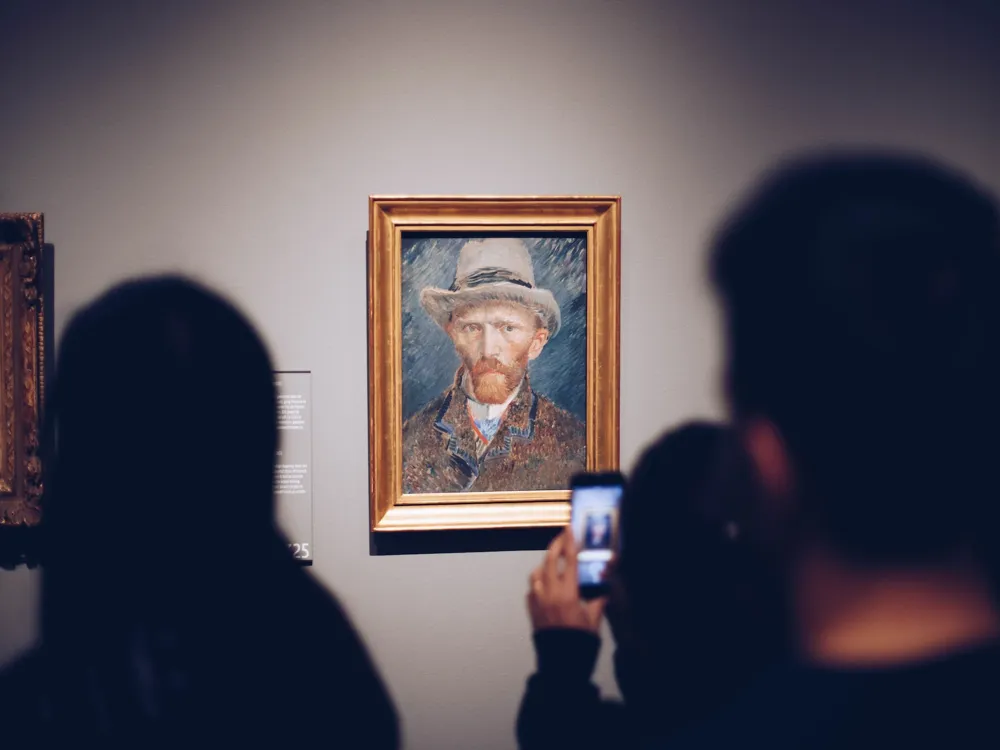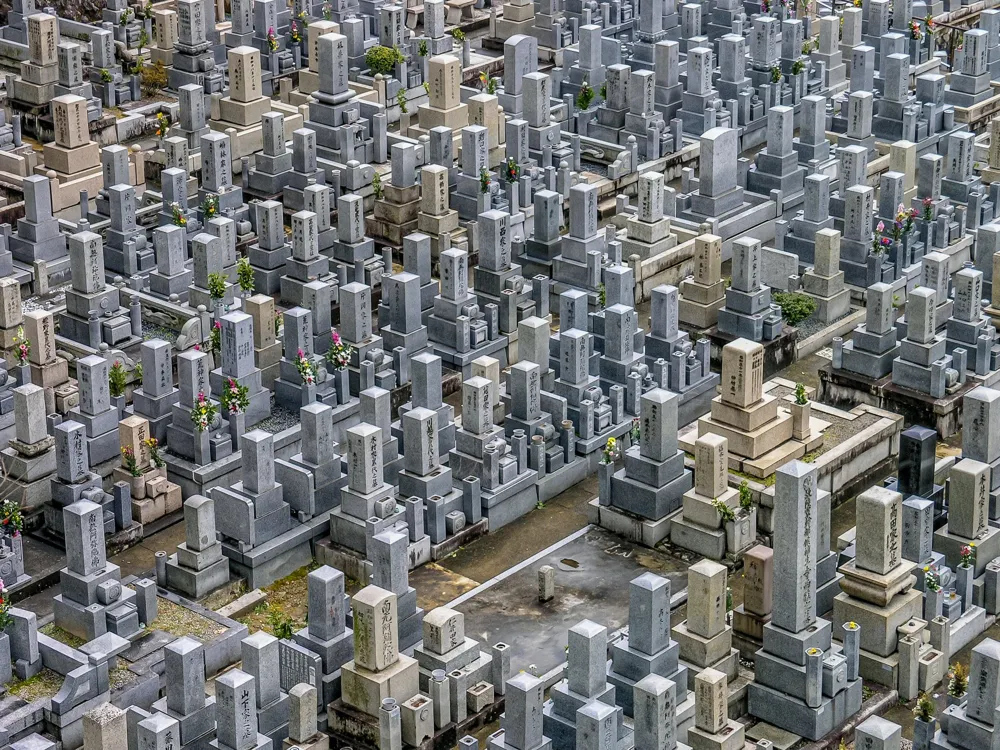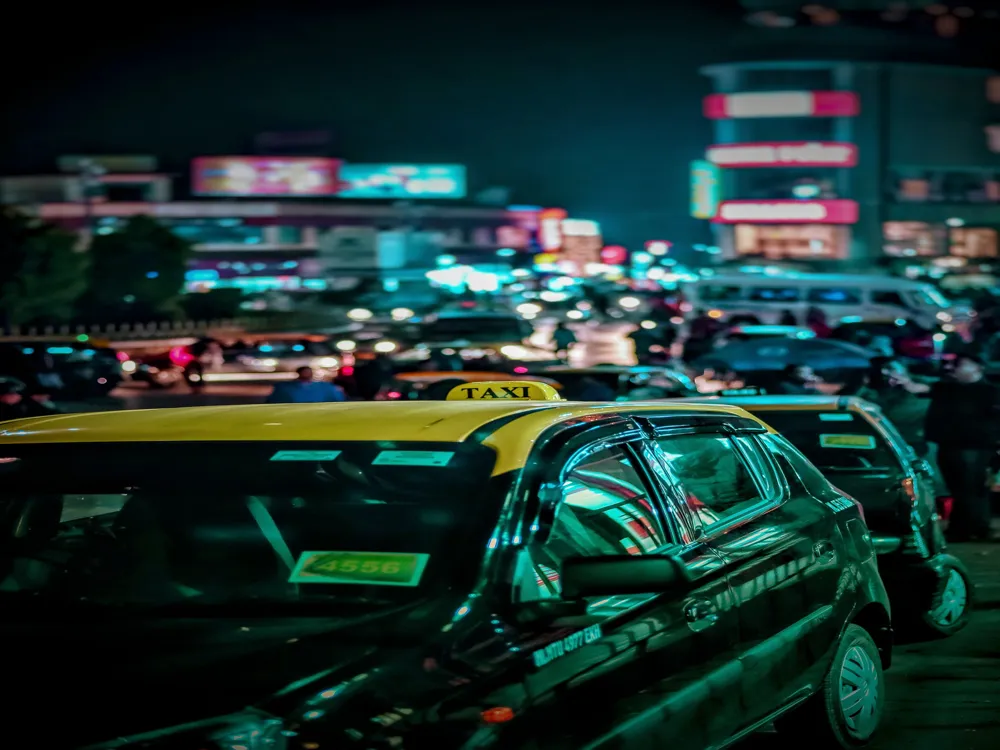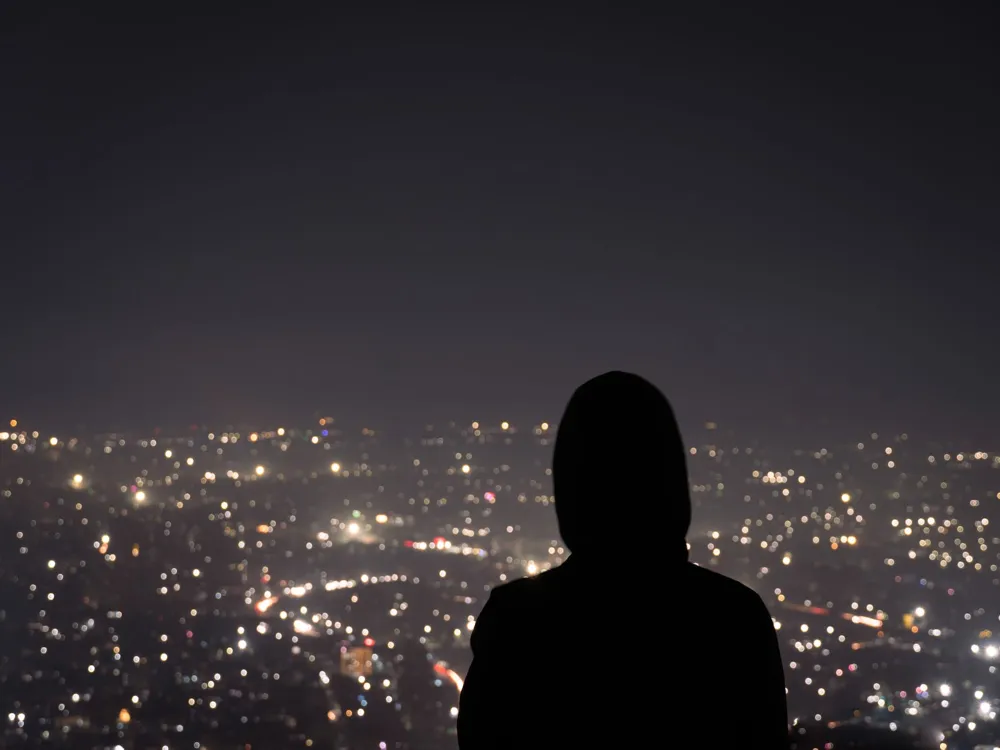Nestled in the serene hills of Kohima, the capital of Nagaland, the Kohima Cathedral stands as a magnificent symbol of peace and architectural brilliance. This cathedral, officially known as the Cathedral of the Reconciliation, is more than just a place of worship. It is a beacon of hope and a testament to the resilient spirit of the Naga people. The cathedral’s unique design, coupled with its historical significance, makes it a must-visit destination for travelers and pilgrims alike. The Kohima Cathedral's architecture is a harmonious blend of traditional Naga motifs and modern design principles, making it a unique landmark in India. Designed by renowned architect Rev. Dr. R. Butters, the cathedral's structure is inspired by the traditional Naga house. Its roof, resembling the upswept wings of a bird, is symbolic of peace and ascension. The extensive use of wood and local materials in its construction not only reflects the Naga culture but also demonstrates an eco-friendly approach to architecture. The cathedral's interior is equally impressive, with its spacious nave, intricate wood carvings, and stunning stained-glass windows that narrate biblical stories. The altar, made from a single piece of wood, showcases exquisite craftsmanship. The strategic placement of windows and skylights within the cathedral allows natural light to flood the interior, creating an ethereal and tranquil ambiance. This architectural masterpiece, therefore, stands not just as a place of worship, but as a symbol of cultural integration and artistic expression. The best time to visit the Kohima Cathedral is between October and May, when the weather is pleasant. Special services during Christmas and Easter are a spectacle, offering a deeper glimpse into the cultural amalgamation of Christianity and local traditions. Visitors are advised to dress modestly, respecting the sanctity of the cathedral. Maintaining silence and decorum inside the cathedral is essential, and photography may be restricted in certain areas. The cathedral is accessible to people with mobility challenges. Facilities such as restrooms and a small cafeteria are available. Parking space is limited, so arriving early is advisable. The area around the cathedral offers panoramic views of Kohima, making it an ideal spot for photography and contemplation. Visitors can also explore nearby markets and local eateries to experience Naga cuisine. Kohima Cathedral is well-connected and easily accessible. The nearest airport is Dimapur Airport, approximately 74 kilometers away. From the airport, one can hire taxis or use public transport to reach Kohima. Within Kohima, local taxis and buses are available to take you to the cathedral. For those driving, the cathedral is situated along the National Highway 29, making it easily reachable by car. Read MoreExplore the Splendor of Kohima Cathedral: A Jewel in Nagaland
Architectural Marvel: Unveiling the Secrets of Kohima Cathedral's Design
Maximizing Your Visit to Kohima Cathedral: Essential Tips
Best Time to Visit
Dress Code and Conduct
Accessibility and Facilities
Exploring the Surroundings
Getting to Kohima Cathedral: A Comprehensive Guide
Kohima Tourism
Best Time to Visit Kohima
How to Reach Kohima
Things To Do Kohima
Kohima Cathedral
Kohima
Nagaland
NaN onwards
View kohima Packages
Kohima Travel Packages
View All Packages For Kohima
Top Hotel Collections for Kohima

Private Pool

Luxury Hotels

5-Star Hotels

Pet Friendly
Top Hotels Near Kohima
Other Top Ranking Places In Kohima
View All Places To Visit In kohima
View kohima Packages
Kohima Travel Packages
View All Packages For Kohima
Top Hotel Collections for Kohima

Private Pool

Luxury Hotels

5-Star Hotels

Pet Friendly









